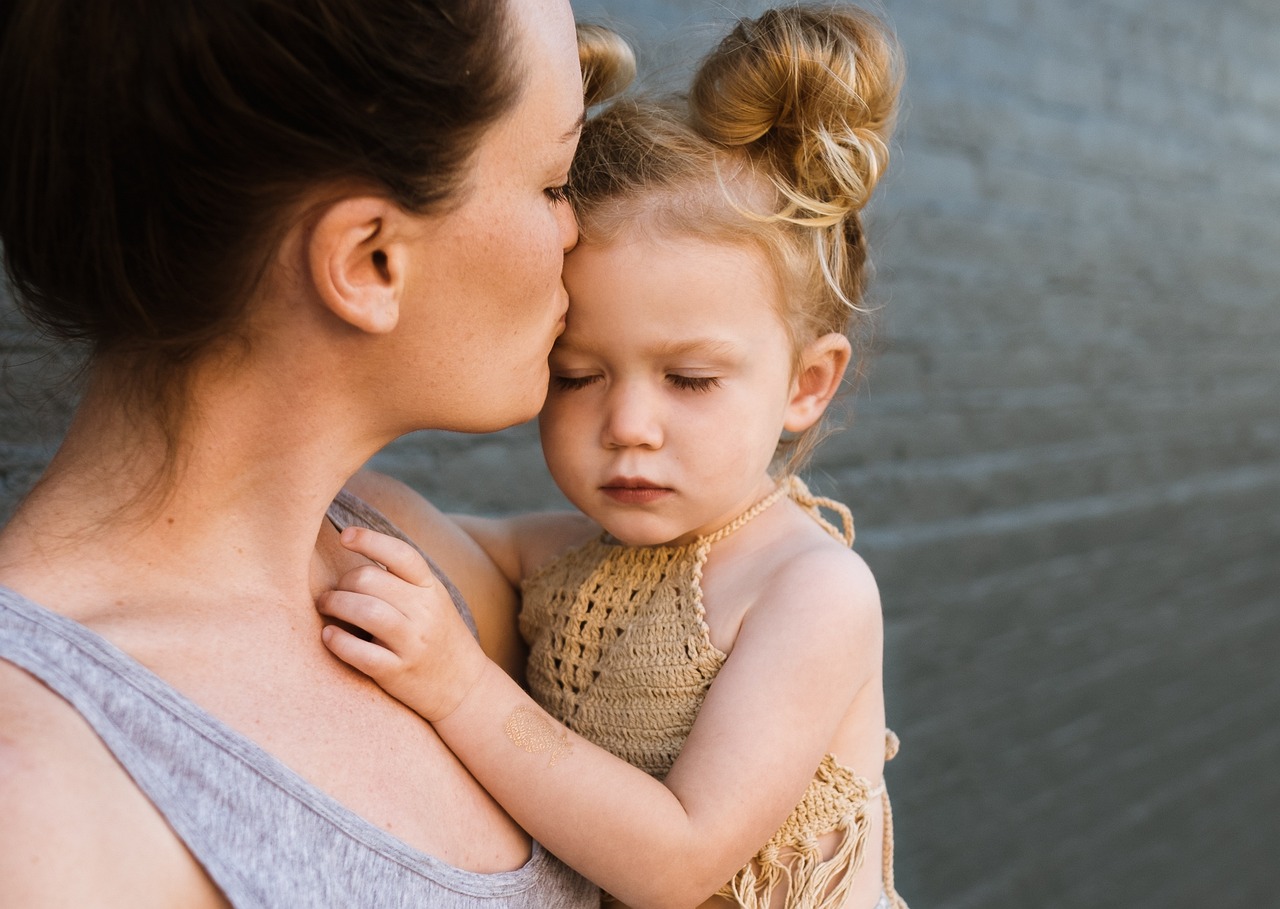Siblings Don’t Need to Struggle: Helping Siblings Understand Autism

When one child is autistic, their brothers and sisters may feel confused, overlooked, or resentful. Parents are often stretched thin, and siblings can misinterpret the extra attention their autistic sibling receives as unfairness. Without guidance, this can lead to jealousy, distance, or behavioural issues.
The Sibling Perspective
Siblings may wonder:
-
“Why does my brother get away with things I’d be punished for?”
-
“Why do we spend so much time at therapy appointments?”
-
“Why does my sister act differently around my friends?”
These questions are natural—and they need clear, compassionate answers.
Practical Ways to Support Siblings
-
Explain Autism in Simple Terms
Use visual stories or age-appropriate books to help siblings understand that their brother or sister’s brain works differently, not wrongly. -
Create Special Time
Schedule one-on-one moments with siblings—reading together, cooking, or a short outing—so they feel valued as individuals. -
Involve Them in Support
Invite siblings to use simple tools like emotion cards or sensory activities together. This builds empathy and teamwork. -
Acknowledge Their Feelings
Let siblings express frustration or sadness without guilt. Their emotions are valid, too.
How Resilient Essence Helps
We provide social stories and family resources that explain autism in ways siblings can relate to. Families who’ve used our tools report fewer conflicts, stronger empathy, and a sense of unity instead of division.
Final Thought
When siblings understand autism, they stop feeling left out and start becoming allies. Supporting all children in the family is just as important as supporting the child with the diagnosis.